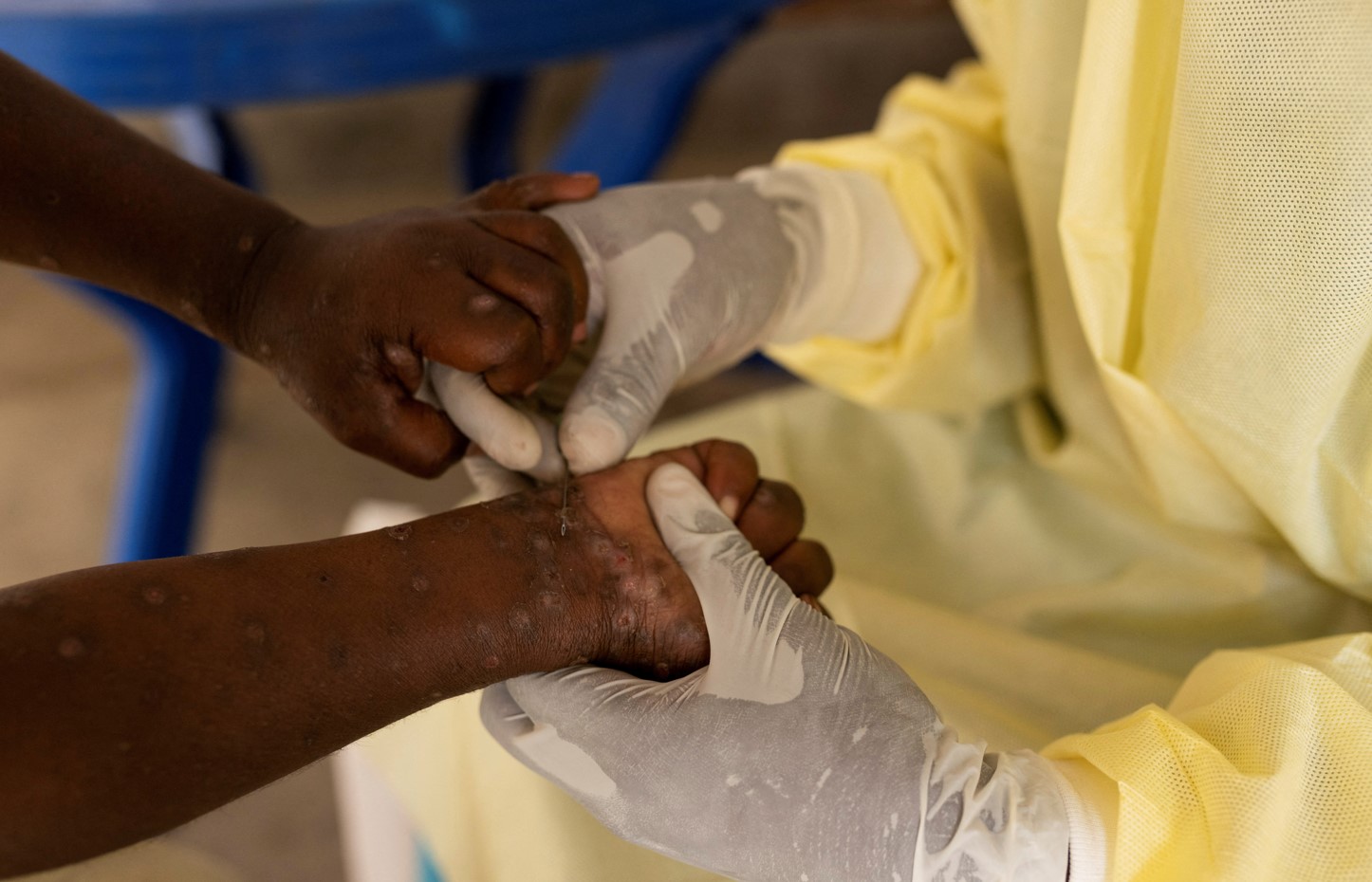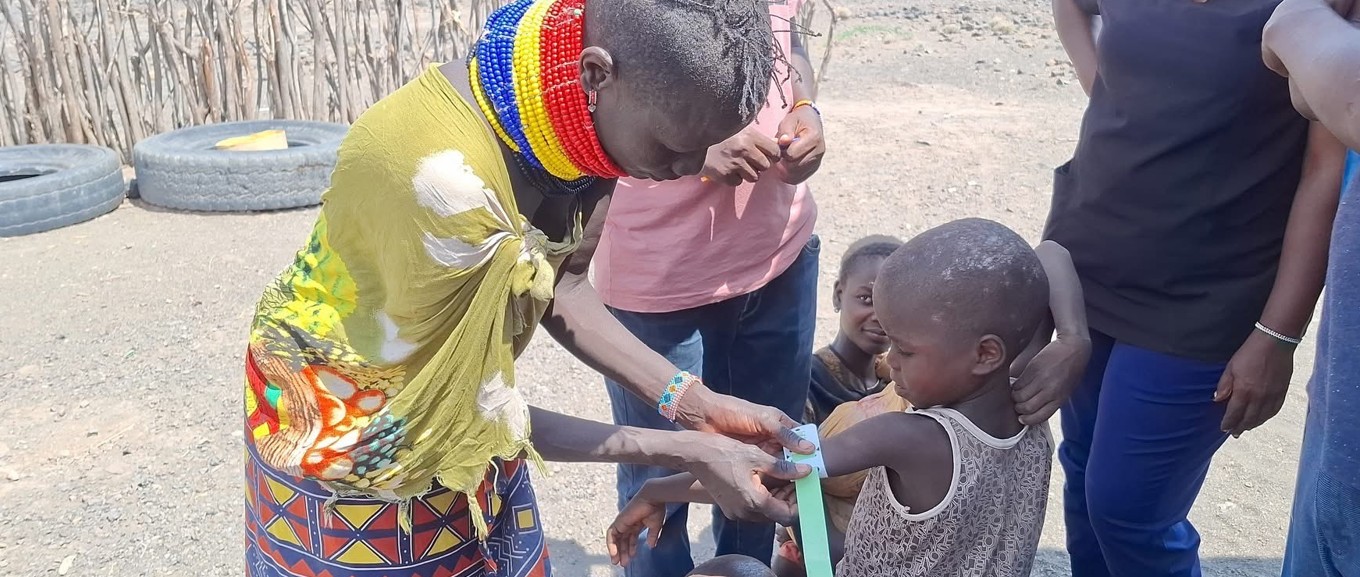Kenyans warned against bush meat consumption as Mpox cases rise

Health and environmental experts have long warned about the serious risks of bush meat, which is frequently sourced from wild animals carrying diseases that are easily transmitted to humans.
Kenyans have been cautioned not to consume or handle bush meat following the discovery of two Mpox cases in the country. On Saturday, Tourism Cabinet Secretary Rebecca Miano issued a warning, emphasising the importance of avoiding wildlife to keep the sickness from spreading from animals to humans.
“The wide range of probable afflictions linked with handling or consuming bush meat alone is reason enough for all responsible Kenyans to entirely avoid any reckless contacts with animals both now and in the future, "added Miano.
More To Read
- Mpox detected in Garissa, patient isolated as officials trace contacts
- Namibia declares mpox outbreak after confirmed case in Swakopmund
- Mpox cases in Africa surpass 190,000, deaths near 2,000: Africa CDC
- Mombasa County's mpox cases rise to 182 as health authorities activate emergency operations
- Mpox deaths near 2,000 in Africa since 2024 amid recent decline in cases: Africa CDC
- Health authorities launch 10-day mpox vaccination drive at Malaba border
Mpox can be spread from animals to humans in a variety of ways, according to the Centre for Disease Control (CDC) including, naturally among small wild animals in West and Central Africa, direct intimate contact with an infected animal's secretions or faeces, as well as bites or scratches and during activities like as hunting, trapping, or handling diseased wild animals in Mpox-endemic areas.
"In today's climate of severe consequences from extreme weather changes, host-vector-pathogen dynamics are likely to lead to unprecedented disease emergence and re-emergence, making it urgent to avoid bush meat," Miano said.
Health and environmental experts have long warned about the serious risks of bush meat, which is frequently sourced from wild animals carrying diseases that are easily transmitted to humans.
The recent rise of zoonotic diseases, like as Ebola and other viral infections, has been related to bush meat consumption, emphasising the dangerous repercussions of such behaviour.
"This plea comes after reports of Mpox instances in the country. Although the cases recorded thus far have been isolated, the current situation signals a possible outbreak if expert warnings are not paid attention," Miano stated.
The Mpox (monkeypox) virus was discovered and identified in 1959, when monkeys brought from Singapore to a Danish research centre became ill. However, the first proven human case came in 1970, when the virus was discovered in a child in the Democratic Republic of the Congo who was initially suspected of having smallpox.
According to the World Health Organisation, Mpox can be caught through personal contact with animals carrying the virus, such as specific monkey species or terrestrial rodents like tree squirrels. This exposure can occur through bites, scratches, or when participating in activities such as hunting, skinning, trapping, or food preparation. Consuming undercooked or tainted meat can potentially spread the infection.
To limit your chances of catching Mpox from animals, avoid unprotected contact with wild animals, especially those that are sick or dead, including their meat and blood. In areas where animals are known to contain the virus, all meat must be fully cooked before consumption.
People with Mpox are considered infectious until all of their lesions have crusted over, the scabs have come off, and new skin has grown underneath. Furthermore, any lesions on the eyes and in other parts of the body, such as the mouth, throat, vagina, and anus, must be treated. This process normally takes between two and four weeks.
Kenya has reported two instances of Mpox, prompting increased surveillance and monitoring at border crossings to help curb the disease's spread. Mpox has already been labelled a global health emergency.
The Cabinet Secretary stated that specialists have emphasised the necessity for greater monitoring and aggressive steps to prevent an outbreak, particularly in highly populated areas and at border crossings.
The most recent Mpox case in Kenya involves a 40-year-old truck driver who tested positive for Mpox while driving from Mombasa to the DRC. In response, the Ministry of Health has increased surveillance at border crossings to detect any additional instances.
As travel and movement increase, the risk of infectious illness transmission increases.
Other Topics To Read
Top Stories Today














































